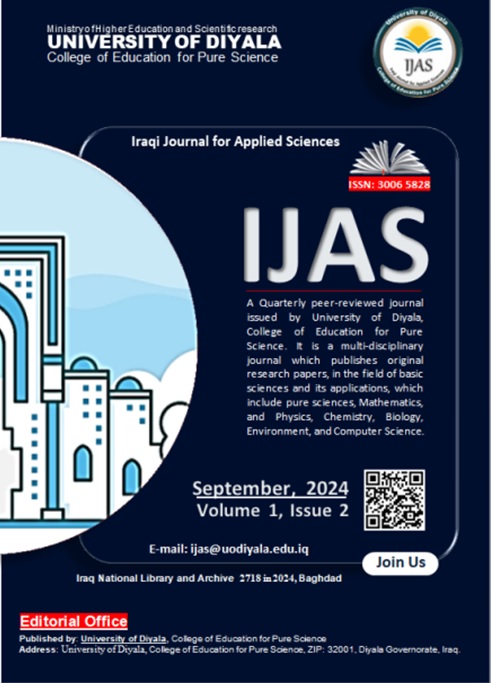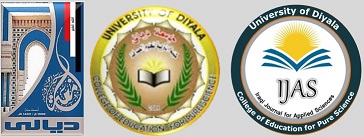A Review on Deepfake generation and Detection based on Deep learning: Approaches, and Future Challenges
DOI:
https://doi.org/10.69923/jxhytj79Keywords:
Artificial intelligence, deep learning, Deepfake generation, deepfake detection,: Face manipulation techniques, Fake imagesAbstract
In recent years, applications of deepfake, particularly to achieve political, economic, or social reputation aims, have been become widespread. These applications do not require high-level professional technical skills. Also, deep learning techniques like Generative Adversarial networks (GANs) have enhanced deepfake, making it more realistic. So, several researchers are looking for developing an effective method to detect a fake image or video. This paper provides a comprehensive overview of several proposed deepfake generation approaches and the approaches used to detect any manipulation. Based on feature extraction methods, this study provides an extensive review of face manipulation, especially focusing on facial swap, re-enactment, and attribute manipulation. Additionally, the study describes all existing deepfake methods and evaluates the presented detection models based on the most effective deep learning algorithms by comparing their respective evaluation metrics. Moreover, it presents the challenges and gapes in trying to enhance and develop deepfake detection techniques. It assists readers in understanding the generation and detection of deepfake mechanisms and presents the field limitations and future works.
Downloads

Downloads
Published
Issue
Section
License
Copyright (c) 2024 Iraqi Journal for Applied Sciences

This work is licensed under a Creative Commons Attribution-NonCommercial-NoDerivatives 4.0 International License.
Licenses and Copyright
The following policy applies to the Iraqi Journal of Sciences (IJAS).
- IJAS applies Creative Commons Attribution (CC BY) license
- If you have written permission to do so, yes. If your manuscript contains content such as photos, images, figures, tables, audio files, videos, etc., that you or your co-authors do not own, we will require you to provide us with proof that the owner of that content (a) has given you written permission to use it, and (b) has approved of the CC BY license being applied to their content. We provide a form you can use to ask for and obtain permission from the owner. If you do not have owner permission, we will ask you to remove that content and/or replace it with other content that you own or have such permission to use. Don't assume that you can use any content you find on the Internet, or that the content is fair game just because it isn't clear who the owner is or what license applies. It's up to you to ascertain what rights you have” if any” to use that content.
- Many authors assume that if they previously published a paper through another publisher, they own the rights to that content and can freely use that content in their PLOS paper, but that is not necessarily the case; it depends on the license that covers the other paper. Some publishers allow free and unrestricted re-use of article content they own, such as under the CC BY license. Other publishers use licenses that allow re-use only if the same license is applied by the person or publisher re-using the content. If the paper was published under a CC BY license or another license that allows free and unrestricted use, you may use the content in your IJS paper provided that you give proper attribution, as explained above. If the content was published under a more restrictive license, you must ascertain what rights you have under that license. At a minimum, review the license to make sure you can use the content. Contact IJAS if you have any questions about the license. If the license does not permit you to use the content in a paper that will be covered by an unrestricted license, you must obtain written permission from the publisher to use the content in your IJSPlease do not include any content in your IJAS paper that you do not have rights to use, and always give proper attribution.
- If any relevant accompanying data is submitted to repositories with stated licensing policies, the policies should not be more restrictive than CC BY.
- IJAS reserves the right to remove any photos, captures, images, figures, tables, illustrations, audio and video files, and the like, from any paper, whether before or after publication, if we have reason to believe that the content was included in your paper without permission from the owner of the content.
References
Marshall,G.C.and H.W.Ohm 1987 .Yield responses of 16 winter wheat cultivars to row spacing and seeding rate .Agronomy Journal .79:1027-1030









